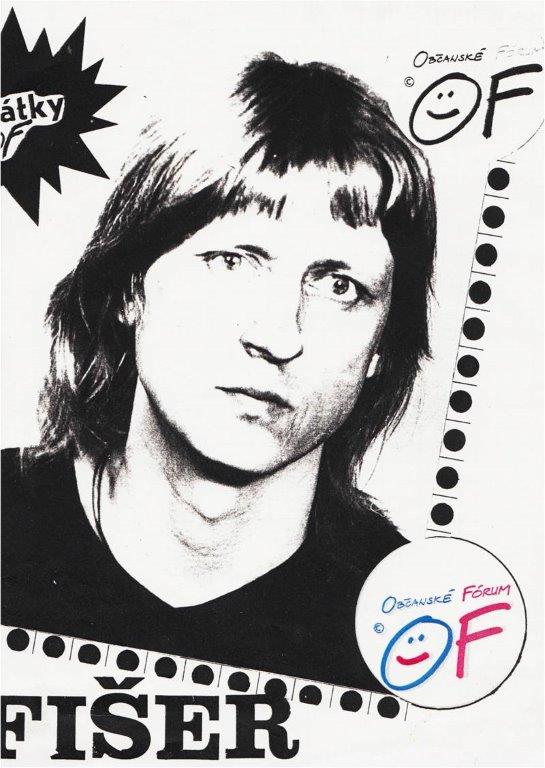“When someone asks what does that freedom actually mean, I tend to explain it as having a possibility to decide on your own life. And that it also goes in hand with enormous responsibility, even for all of your stupid little errors. And that’s what I like about it!”

Download image
Jiří Fišer was born on April 30, 1953, in Benešov nad Černou. His father was a doctor, and his mother worked as a nurse. Following the post-war ideals, his parents decided on leaving the big city for the border region, aiming at contributing to the restoration of the Republic. With the same spirit, they also entered the Communist Party. The whole family moved to Tábor in 1960. At the very end of his grammar school years, Jiří Fišer experienced the breath of freedom brought with the spring of 1968, which was soon after suffocated by the armed invasion of the Warsaw Pact Army, and the Normalization Period that followed. These events constituted a life-changing experience for Jiří Fišer and would form his opinions and way of thinking fundamentally. Over the years, his parents had tried to persuade him to enter the KSČ (the Communist Party of Czechoslovakia), all in vain. In 1976, he became a member of the so-called Jazz Section, a community of people interested in sub-culture courses with overlap into publication activities, art courses, etc. After graduating from the Faculty of Civil Engineering at the Czech Technical University in Prague, he started working as a supervisor of water-management structures at Stavoprojekt Sezimovo Ústí. In the first half of 1989, he signed a petition named Několik vět. The same year, during the hectic weeks following the events of November 17, he became a part of the group based in Tábor that communicated with Prague students. Consequently, he stood at the beginning of the formation of local and regional branches of the Civic Forum. It was the Civic Forum who appointed him a member of the municipal council. In 1998, he founded a local political movement called Tábor 2002, later renamed to 2020. He was elected and served as a mayor during the 2010 - 2018 period.





